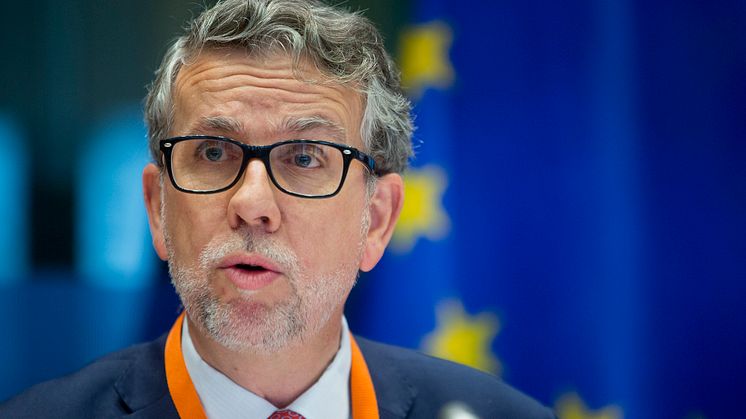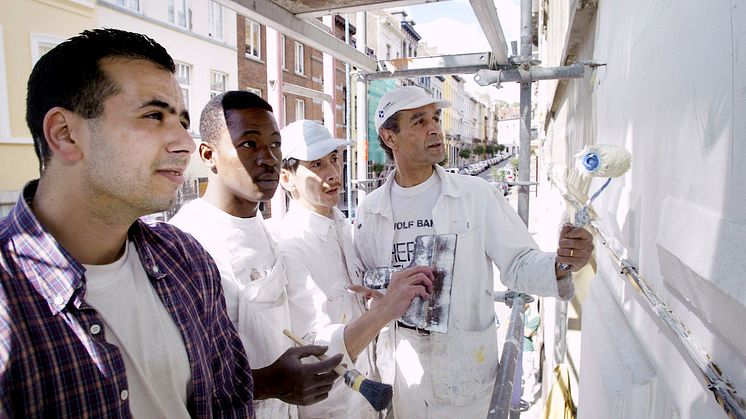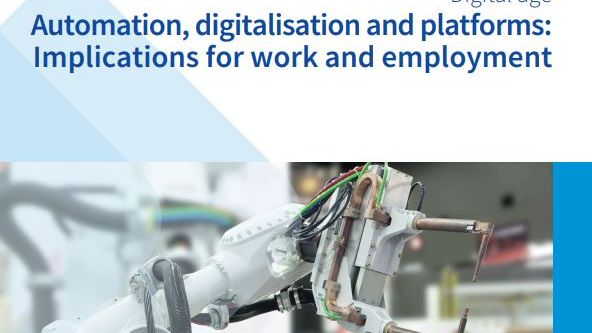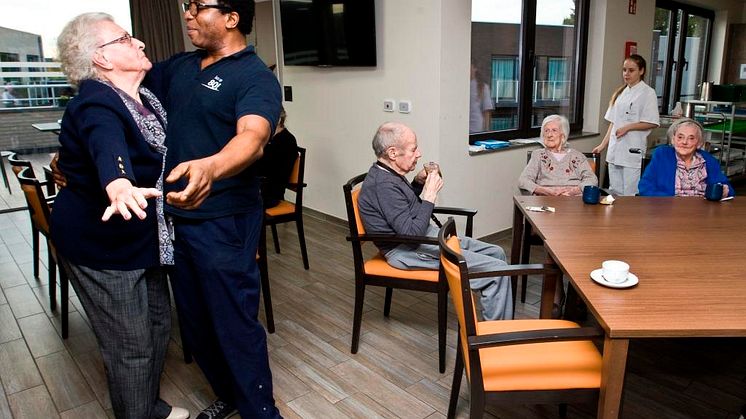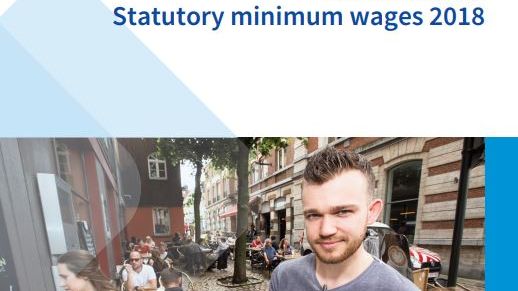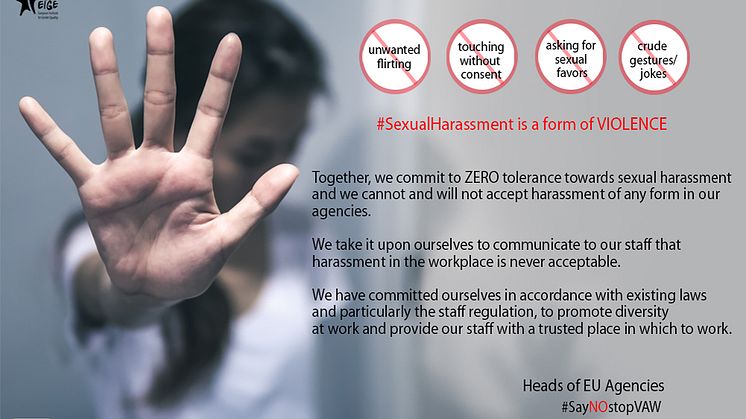Europe’s economic recovery continues in times of political instability
Europe is showing visible signs of progress; in most countries, labour markets are healthier than they have been in a decade, with more people active and in work than ever before, while social exclusion is declining. However, it is also a continent in transition, where an imbalance in opportunities for prosperity and quality of life directly determines to what extent you have felt this recovery.
